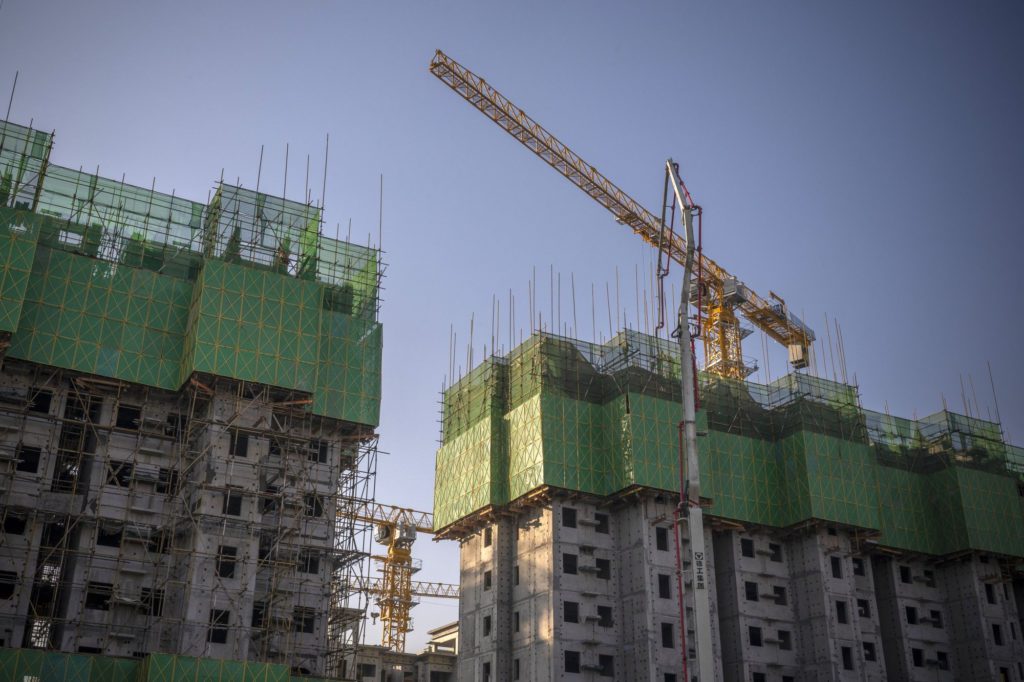(Bloomberg) — China Evergrande Group, the world’s most indebted developer at the center of a broader debt crisis in the country’s property industry, unveiled preliminary principles for the restructuring of its offshore debt.
The company said that it may offer some assets outside of China to repay creditors, including shares of its electric vehicle and property management services. It added that it will try to announce a specific restructuring plan within 2022, according to a filing.
Evergrande previously told investors it was on track to deliver a preliminary restructuring proposal by the end of July, after defaulting on dollar-bond payments late last year. The lack of further details will likely disappoint creditors who had hoped for concrete measures to salvage the world’s most indebted developer.
Evergrande’s fate has broader implications for China’s $50 trillion financial system, and could send ripples across banks, trusts and millions of home owners. The sheer size of its liabilities of about $300 billion has left global investors worried that any collapse could spark financial contagion and curb growth in the world’s second-largest economy, which depends on the housing market for about a quarter of gross domestic product.
The restructuring will include Evergrandes’ offshore notes, debt obligations of its subsidiaries, and repurchase obligations by its unlisted online sales platform FCB Group, it said.
Evergrande says “the principle of fair treatment of creditors will be reflected in the restructuring proposal.”
The company Chief Executive Officer Shawn Siu said that Evergrande will focus on completing construction projects, and won’t sacrifice the interest of onshore investors, according to an interview with 21st Century Business Herald. When asked why the restructuring plan fell short of market expectations, Siu said that the company encountered complicated and challenging matters, asking for more patience.
The property giant’s liquidity scares started in 2020. It recently suffered its first rejection from local creditors to extend a note payment, which may result in a landmark onshore default. A string of other builders have added to record nonpayments since last year after a government crackdown on excessive leverage and speculation on housing.
President Xi Jinping’s government is trying to strike a balance between curbing debt at acquisitive and leveraged private companies, while limiting the economic fallout. Xi is seeking to rein in ballooning borrowings and the billionaire class as part of his “common prosperity” campaign to reduce a yawning wealth gap. That’s led to a record wave of dollar bond defaults by developers.
Liquidity crunches have prompted developers to stall many projects across the country and leave fees unpaid. Unprecedented mortgage and loan boycotts have erupted across the country from angry homebuyers and suppliers. In one example of how this is all cascading, a group of small businesses and suppliers that said they’d stop paying their own debts blamed Evergrande for leaving them out of pocket.
“The whole pyramid is collapsing now,” said Anne Stevenson-Yang, co-founder of J Capital Research Ltd. “What’s different is that things are worse now because of the Evergrande crisis a year ago, which is spreading its tentacles throughout the Chinese economy.”
(Updates with details about Evergrande’s announcement)
More stories like this are available on bloomberg.com
©2022 Bloomberg L.P.











